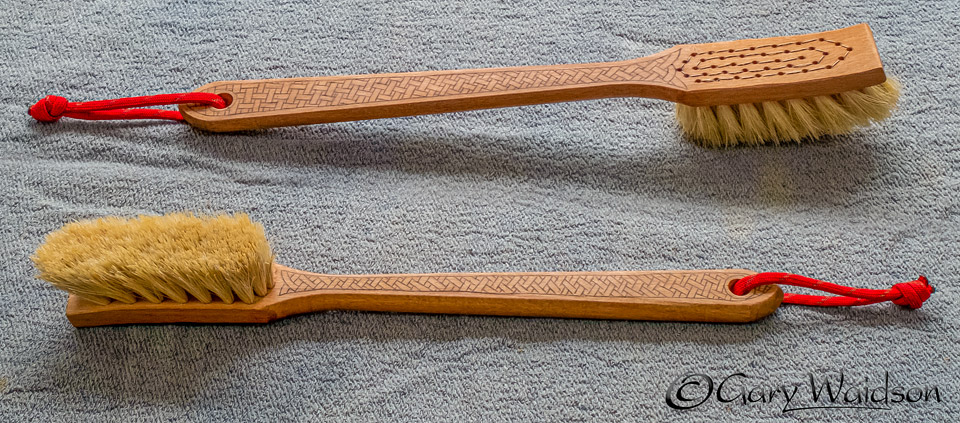It's not so much about keeping the snow out of the house. If I was working out of a building that wouldn't bother me much either.
The problem is keeping the clothing system dry so that the insulation value is not compromised.
Water is a conductor of heat so if your clothing is damp, either from perspiration or melted snow, it becomes much less efficient at insulating you from the cold. The effect is very obvious in the case of immersion due to falling through ice for example but much more subtle and insidious if the dampness builds up slowly over time.
This is the reason it is just as important not to dress too warmly and generate perspiration which will chill you when your activity reduces.
If you are working out of a building then you have the opportunity to dry clothing in between periods working outside. Although less efficient, the same can be achieved in a heated tent as well.
However, if you are cold camping, working without a heated tent, as I usually do, such a build up of moisture in the clothing system is more difficult to deal with and it becomes very important to avoid snow melting on your clothing when you are near to a fire or enter someone else's heated tent for example.
A snow brush is probably as important a peice of my equipment as a warm hat.


